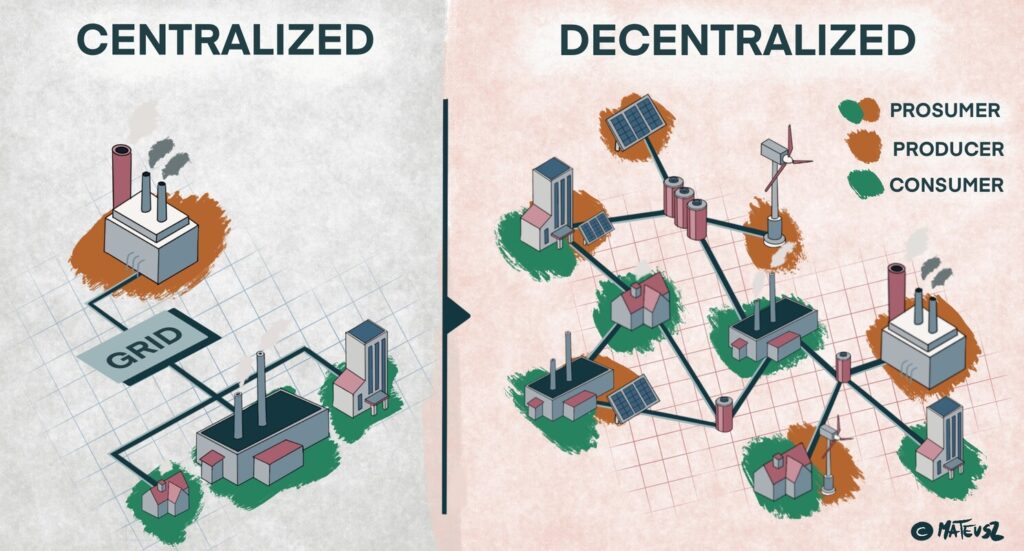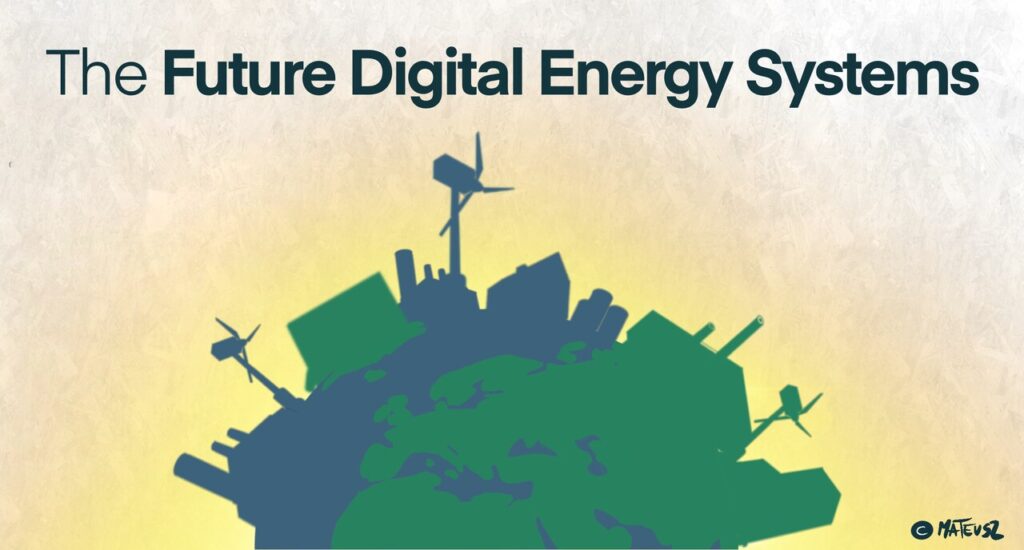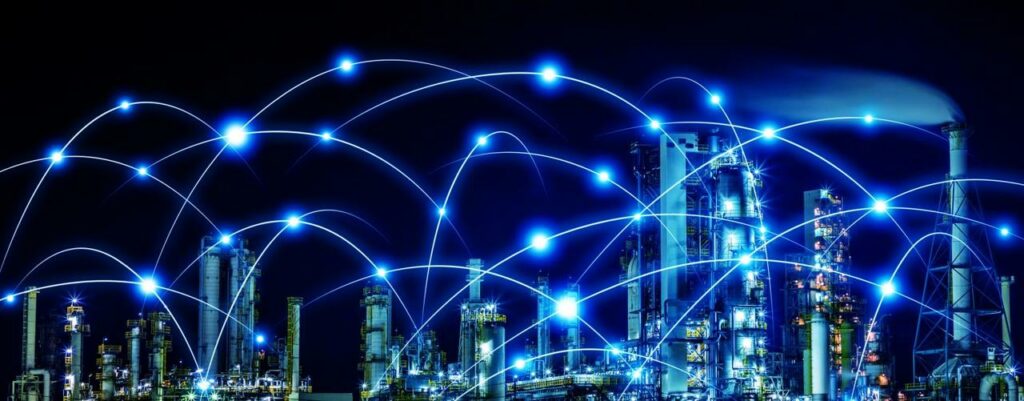Energy Transition Business Leader with a Passion for Innovation, Sustainability and Business Development
Do we, as industry and society, have enough tools and motivation to stop global warming? Let’s see how and what ought to be done if we really want to save our planet. Having in mind available and future technologies, frameworks, legislation, and people, we need to look for new structures of cooperation.
For the time being, let’s call these structures — Future Digital Energy Systems. Probably we will find much better naming in coming years, but for now, it quite precisely describes expectations that were set by two fundamental themes which are on the agendas of the whole industry — Energy Transition and Digital Transformation. Let’s look at those monsters one by one and try to define Future Digital Energy Systems from the perspective of three simple questions:
· Why do we need Future Digital Energy Systems?
· What are Future Digital Energy Systems?
· How they will differ from the actual energy landscape
Energy Transition
Energy Transition is a worldwide reaction of the industry to needs set by legislation, society, and ultimately major culprit — climate change. In simple words, it is energy system transformation from centralized, hydrocarbon generation to decentralized, lower emission generation, transportation, storage, and use.¹

If you look at the picture above, you can find a new market role — prosumer. This is a participant of the energy market who can produce and consume energy.
This is the central point of the whole Energy Transition and the main reason why we need Future Digital Energy Systems. The two-way relationship between producer and consumer is getting blurred, and we need to shift to an open market with appropriate flexibility and security of transactions. All technology, legislation and investments have to be reconfigured towards a much bigger number of participants with less available capacity.
It is not new to our society. We have made such shifts before and proved that it can be successful. Take a look at financial markets and stocks.
In the beginning, financial markets were built on the supply/demand principle with strong central regulations (governments). If you wanted to participate in this market you needed to have capital, connection, and appropriate assets. Most of the society was not participants of the financial markets — they were only consumers of the goods. Sounds similar to nowadays energy systems, isn’t it?
With the introduction of a stock exchange, the situation started to change. People have entered financial markets and become stakeholders of companies. Nowadays, every participant is an equal “prosumer” of the financial market by using products created by companies but also becoming an owner of those companies (if not directly than through different pension or healthcare systems, subsidies, and donations).
Claiming the status quo of existing energy systems (centralized, hydrocarbon-based) needs appropriate reorganization of the whole system. Take a look at a comparison of two systems — centralized (pre-Energy Transition) and decentralized (post-Energy Transition).

Energy Transition is a major driver for Future Digital Energy Systems, but it will not be possible to reach the end goal without our second monster. To make a step change from centralized to decentralized systems, we need to embrace Digital Transformation.
Digital Transformation
Have you noticed that I am using a plural form for Future Digital Energy Systems? I do not believe we will have one global system which will rule the whole energy market. It will be, again, similar to financial markets — legislation will push towards worldwide unification (to have a common framework) but an adaptation of the requirement will be on the country, municipal, or even household level. Nevertheless, all those systems need to be integrated and interoperable with each other (to maintain the principle of working — cooperation).
Without Digital Transformation, it will be extremely difficult to maintain a certain level of trust and cooperation. Thanks to the adoption of digital technology, companies can improve their business process, increase intimacy with customers and suppliers and faster adapt to changing environments.

Putting trust and cooperation at the forefront of guiding principles for Digital Transformation we can equip ourselves with technologies and mechanisms which will promote secure and open communication (i.e., blockchain technology), fair and equal treatment of the participants (common platforms) and faster development (inter- and intra- industry collaborations).
· A significantly big volume of active energy markets participants will require robust, efficient, and open communication to maintain an appropriate level of integrity and speed of the whole system. A leading technology that can support this is blockchain.²
· New energy systems, like none of the technology before, need to base on Dumas’s maxim “all for one, one for all”. All participants need to have equal access to assets and technology, and the entrance barrier needs to be as low as possible. This is addressed by a concept called System of Systems.³
· By scaling up digital transformation to vast companies and society, the time to market of new technologies is decreasing (like hydrogen, small modular reactors, solar geoengineering, etc.) which eventually will start a chain reaction of the golden era for Future Digital Energy Systems.
As a result, Digital Transformation is a major enabler for Future Digital Energy Systems, and without appropriate guidance and care for this part, it will be extremely difficult to adapt to Energy Transition.
Conclusion
In the end, there is one more ingredient related to Future Digital Energy Systems, which was not properly addressed. It is by far the most important, and it is the main reason why I started writing this series of articles.

Energy Transition and Digital Transformation by giving tools and handles to make a change to every participant of the energy market (so most of the society) are also shifting responsibility for saving our planet to all of us. We must be aware and change how we produce, consume, and think about energy.
With The Future Digital Energy Systems articles series, I’d like to address our future energy landscape’s main drivers and enablers. Analyzing available technology and required changes in organizations, legislation, and society, I want to disenchant and simplify all actions needed to fulfill net-zero commitments and limit global warming.




